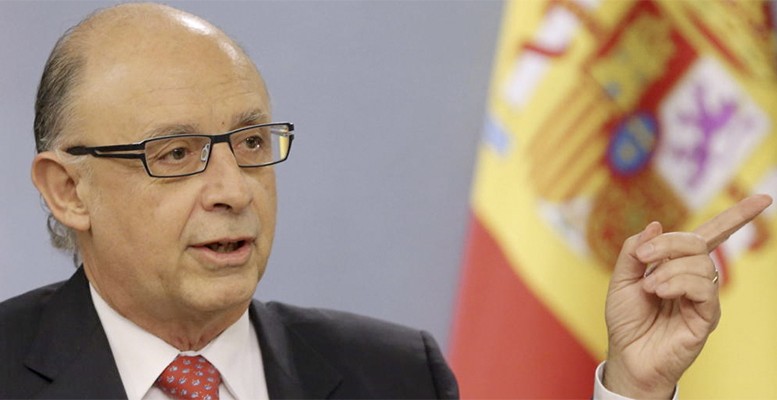The caretaker government will immediately have to request a new timetable in order to meet the deficit target for this year. It’s absolutely impossible for Spain to comply with the 2.8% objective established for 2016, since this would entail trimming the deficit by 23 billion euros.
Nothing is going to avoid us getting a thick ear from Brussels, but Spain and seven other European governments have asked the European authorities to revise the method they use to evaluate the efforts made by member states regarding their deficits.
Spain is not the only country in the eurozone which has failed to meet its deficit target (France and Italy, amongst others). But it is the country which has the largest slippage, despite the fact the economy is growing over 3%.
And this is precisely what has attracted observers’ attention. Just imagine where the deficit would be with GDP growth of close to 1% or 1.5%, which is the average for the Eurozone.
Spain’s Finance Minister Cristobal Montoro has pointed the finger at the autonomous regions and has announced, in a very solemn fashion, that he will freeze their spending. The autonomous regions are partly to blame for the deficit non-compliance, although their performance was slightly better than in 2014, but it’s not all down to them: in 2015, the Social Security’s income was 10 billion euros less than forecast.
Don’t let’s forget that all is this is happening with a caretaker government, although there are some people who think this shouldn’t go against Spain in its negotiations with Brussels. But it might be in our interests not to send de Guindos to Brussels (Montoro doesn’t get involved in negotiations) so as not to further irritate commissioner Moscovici. We sent him into a tailspin only a few months ago when he announced that Spain might not comply with its deficit target.
*Image: EFE





